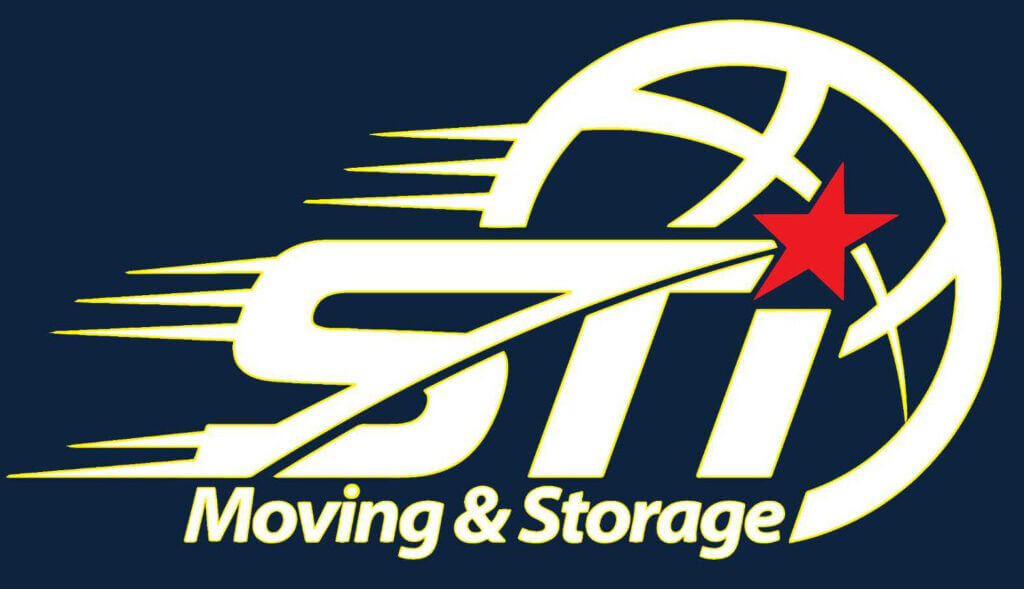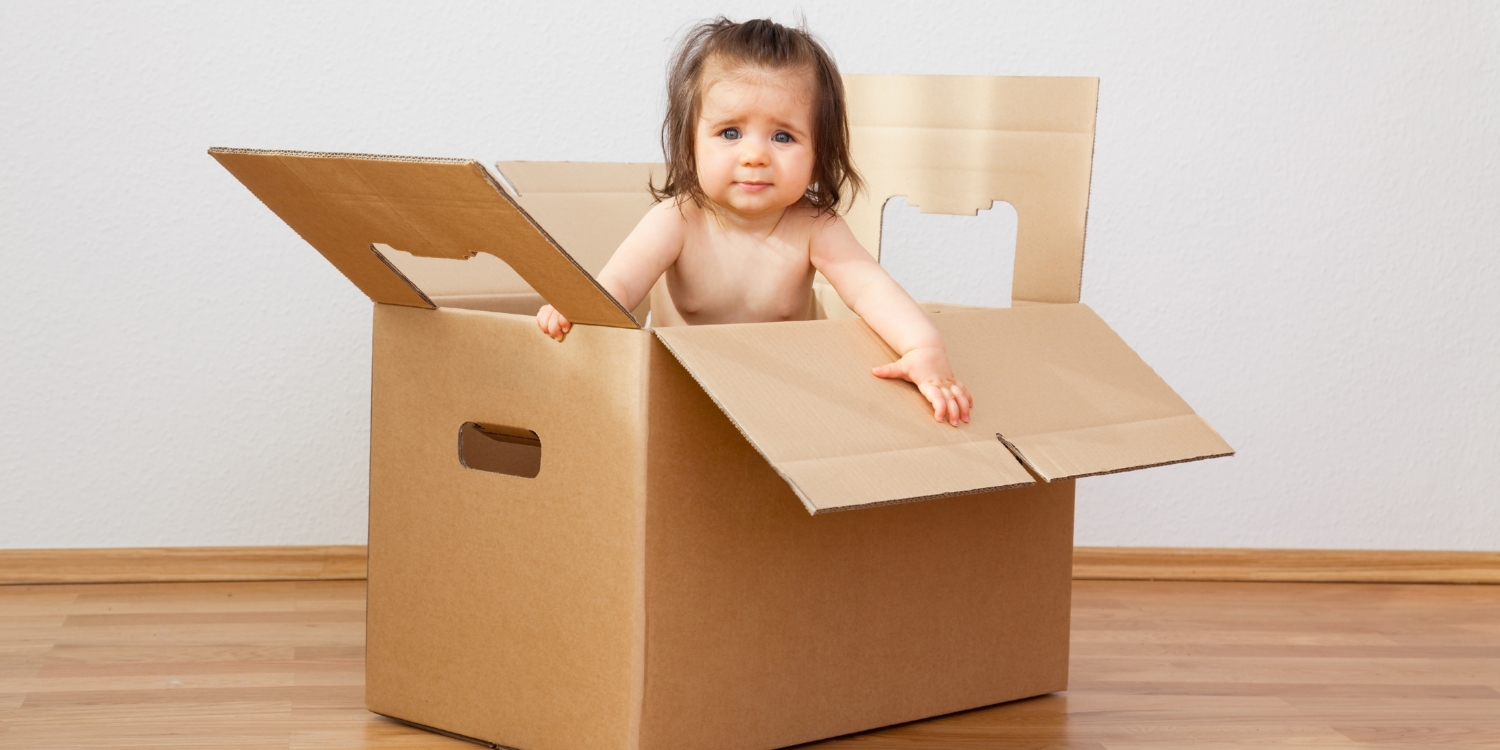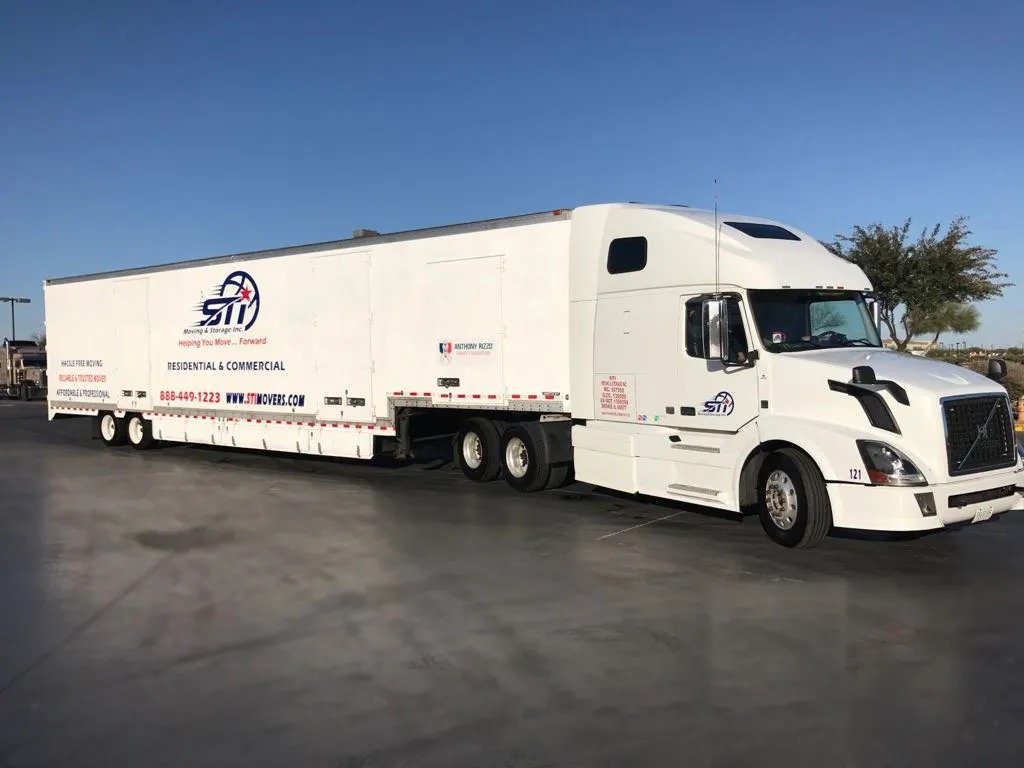Moving with a baby can be as challenging and unpredictable as the early days of parenting. Having a little one means more to consider while planning the move but don’t worry! Many parents have done it and there are plenty of tips to help you keep things calm (even if your baby stays curious and energetic). Follow these simple pieces of advice and you’ll feel more in control as you tackle the journey of moving with your infant.
First Things First – Consult Your Pediatrician
The first thing to do when planning a move with a baby is to check in with your pediatrician (we know they’re probably on speed dial by now!). Once you’ve chosen your moving date, book a quick visit. This is a great time to ensure your baby’s vaccinations are up-to-date and to stock up on any medications you might need in the coming months.
Let Your Pediatrician Know You’re Moving
Let your pediatrician know about your upcoming move with the baby and ask if they can recommend a new doctor in your area. Even if they don’t know someone directly, they can give you tips on finding a good fit. You may also need to sign a release form for your baby’s medical records so they can be transferred to the new doctor after you move. During your visit, the pediatrician can handle all of this paperwork and answer any questions you may have. Common questions to consider include:
When Is the Right Time to Move with a Baby?
The timing for moving with a newborn can be hard to plan. If you’re moving soon after birth, keep in mind that recovering from delivery and caring for a newborn is already a full-time job so you might not be able to pitch in much with the move. While Dad or other family members might handle packing and moving, they’ll likely need extra help.
If you can wait at least six months before moving, it might make things easier. But if you’re on a tight schedule and can afford professional movers, that option is often less stressful for everyone. Moving within the first six weeks of your baby’s arrival isn’t usually recommended, so check with your pediatrician to decide on the best timing.
Should You Move Before or After Having a Baby?
If you ask parents online most will say it’s easier to move before the baby arrives. Getting settled in your new home is simpler when you don’t have to work around a baby’s needs, like feedings, naps and diaper changes which wait for no one!
Moving while pregnant can still be challenging but it tends to be less stressful for you, your family and especially the baby. If your schedule allows, consider talking with your doctor about the option of moving before your little one arrives.
What is the Toughest Time with a Newborn?
Most parents say the first six to eight weeks with a newborn are the hardest. Between constant feedings, sleep deprivation, emotional ups and downs or bonding with your baby, there’s a lot to adjust to. Adding a move during this time can make things even more overwhelming. If possible, it’s best to take it slow, give yourself time to settle into parenting and enjoy these precious first weeks with your little one.
Avoid Packing Too Early
“Early” means something different for everyone but no one wants to be surrounded by moving boxes weeks before the actual move. Plan your packing carefully and set aside a specific area for the boxes, keeping them out of reach so your baby can’t get into them before it’s time to move.
Plan Your Travel with Baby in Mind
Did you know many hotels offer cribs? If you’re moving a long distance with a baby, call ahead to confirm they can have a crib ready in your hotel room. For flights, try to book a direct route to avoid the hassle of a layover which can be tiring for both you and your baby.
Once your flight is booked, check the airline and TSA rules on bringing baby items like strollers and extra diaper bags. Some airlines allow you to use a foldable stroller within the airport which you can check right at the gate—making the journey a bit easier for everyone.
Moving with a Newborn – Keep Things Calm
Even if your baby has a fairly predictable schedule, moving day can still be chaotic. Hiring movers is a great option and we suggest getting your baby out of the house before they arrive. Moving is noisy and fast-paced so naptime during the packing frenzy isn’t likely.
If hotel cribs don’t feel right, keep a portable crib handy for your baby’s naps and safe playtime. You don’t need to rush to the new house right when the movers arrive—consider running a few errands while the baby naps in the car or spend time at a friend’s place to make the day smoother for everyone.
Moving with a Toddler – Keep the Fun Going
When moving with a toddler hiring some help is still a good idea but both parents can be a bit more hands-on. You might even get your little one involved in small ways!
Once you arrive at the new home, baby-proof as soon as possible depending on how active your toddler is. Set up a cozy spot where they can settle in and try to keep things fun to avoid those classic toddler meltdowns.
Pack Two Essential Bags for Baby
Traveling with a baby can get messy, so here’s a helpful tip, pack two separate bags. For the car or flight, prepare your usual diaper bag with extra diapers, wipes, spare clothes and some plastic bags for any dirty items—you’ll be glad you have them.
The second bag is for any hotel stops. Pack some safety items like outlet covers and corner protectors for tables or countertops that could be risky for a curious baby. You might also consider a safety gate for move-in day to keep your baby safe in your new home.
Stick to Your Routine
Keeping your usual routine as you prepare to move can be challenging but it’s important. Sticking to regular nap and feeding times helps your child feel secure during this busy time—and it can bring you some calm, too. Simple routines like reading before bed, give both you and your little one a comforting break from the moving chaos.
Is Moving Stressful for Babies?
Yes, moving can affect babies too. They may not know much about the world yet but moving takes them away from what’s familiar. It’s helpful to prepare for some big feelings ahead—babies like adults, can experience anxiety, sadness and stress during a move. Plus, babies can definitely sense when you’re feeling stressed, so staying calm can make a difference for them as well.
Pack the Baby’s Room Last
When it’s time to pack your baby’s room, take a few pictures first—you’ll cherish those memories later on! For packing keep the crib as the last item to go onto the moving truck or into your portable container. As you take it apart, place all the hardware in a clear plastic bag and tape it to the crib so it’s easy to find. You’ll want the crib to be the first thing set up in your new home to give your baby a familiar, comforting space right away.
Arrange Help on Move-In Day
If you’re moving locally ask a friend, relative or babysitter to watch your child on moving day. For long-distance moves, finding help may be harder so consider searching online for a babysitter in your new area. If you need ongoing support a nanny could be a good option. Either way, having someone to look after your little one while you unpack and set up the house will make things much easier.
Most Importantly, Give Yourself Some Credit
Remember, you’re doing an incredible job! It’s natural to focus entirely on your baby but take a moment to appreciate your own hard work. With thoughtful planning and endless adjustments, you’ve managed to make a move that suits your baby’s needs and that’s no small feat.
That’s why Chicago Movers STI is here to help every step of the way. Whether you’re expecting, moving with a baby or have older kids along, we’re ready to make your move as smooth and family-friendly as possible.



